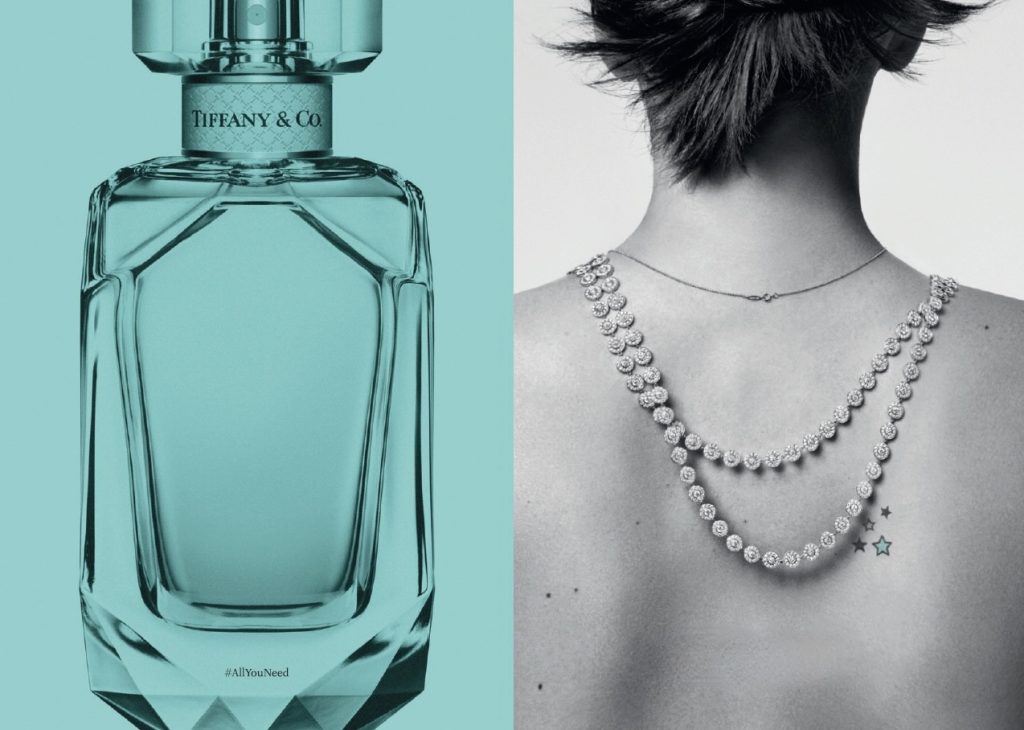Tiffany & Co. and Cartier have managed to resolve a headline-making lawsuit that pitted the rival brands – which are respectively owned by two of luxury’s biggest groups, LVMH and Richemont – against one another in a battle over “trade secret” information. In a stipulation of discontinuance with prejudice lodged with the Commercial Division of the New York state Supreme Court on February 17, counsel for the two jewelry brands alerted the court that they have stipulated and agreed to discontinue the trade secret misappropriation, unfair competition, and tortious interference case with prejudice “as against and between all parties without costs to any party as against the other.”
The culmination of the lawsuit (the terms of which have not been disclosed) follows from a stipulated injunction that was lodged with the New York state court in December, in which Megan Marino – one of the Cartier employees who allegedly jumped ship to Tiffany & Co. (and has since left) – affirmed that she “will not use, publish, or disclose any of Cartier’s confidential or trade secret information in any manner whatsoever, and that she has returned to Cartier, and has not retained copies in any form, any and all records or documents containing Cartier’s confidential or trade secret information in her possession, custody, or control.” In that same filing, the parties confirmed that Cartier and Marino had “settled Cartier’s claims [against Marino] on terms that include the execution of the instant stipulated injunction.”
A far bigger fight than Cartier v. Marino, the competition-centric squabble got its start in February 2022 when Richemont-owned Cartier filed the lawsuit at hand against Tiffany & Co., alleging that the LVMH-acquired jewelry company lured Marino away from her role at Cartier in furtherance of a concerted effort “to solicit and receive … trade secrets and other confidential information [from her] that would facilitate the pursuit of [its] stated corporate goal of competing with Cartier’s High Jewelry business.” On the heels of allegedly discovering “additional evidence,” Cartier amended its complaint in April 2022 to name an additional defendant, Jaron Green, who was also allegedly poached from Cartier by Tiffany & Co. and in the process, misappropriated dozens of documents that contained “confidential [Cartier] business strategies, pricing data, product details, client lists, development strategies, and talent development plans.”
Tiffany & Co. subsequently urged the court to toss out Cartier’s amended complaint, characterizing the case as a “doomed” attack, “calibrated for maximum publicity.” Specifically, Tiffany & Co. argued that Cartier failed to sufficiently plead that the allegedly stolen documents – including a Cartier inventory spreadsheet and “general revenue data” – contained trade secret information. And even if the information at issue was to be construed as trade secrets, Cartier’s claims are still lacking, Tiffany & Co. argued, as that information was “never sufficiently kept secret” by the plaintiff.
In a motion to dismiss of his own that he lodged with the court in June, Green similarly argued that Cartier failed to allege that any of the information he allegedly emailed to himself before leaving his post at Cartier to join Tiffany & Co. meets the “high threshold of competitive sensitivity” required by New York state law.
THE BIGGER PICTURE: More than merely a fight over rogue employees and secret company information, the parties’ clash gave a public peek into what appears to be a side effect of rising competition among luxury conglomerates in the jewelry segment. Tiffany & Co. has, after all, been in the midst of an intensive overhaul since it was brought under the umbrella of LVMH for a cool $15.8 billion, a deal that finally closed in January 2021, albeit, not without legal scuffle.
Amid an emphasis on “high jewelry” among luxury brands, it is no surprise that Tiffany & Co.’s own high jewelry division plays no small role in the larger effort to reposition – and super-charge growth for – the New York-headquartered company. Also at play: A strategic building of the Tiffany & Co. team, which saw the brand onboard Cartier’s longtime creative director for jewelry, Nathalie Verdeille, in July 2021, a push to capture the attention of Gen-Z consumers (by way of collabs and various brand ambassadorships, including K-Pop mega-star Rosé of Blackpink), and a revamp of the company’s offerings. One particularly notable new addition to the product lineup is Tiffany & Co.’s heavily promoted Lock bracelet, which is certainly meant to compete directly with Cartier’s time-tested Love bracelet.
The timing of the parties’ resolution is also worthy of note (for the M&A conspiracy theorists among us, at least), as rumors are swirling that LVMH is interested in an all-out take over Richemont, or at the very least, an acquisition of Cartier, according to a report from the Swiss newspaper Finanz und Wirtschaft. Could such a settlement be one step in a bigger plan for LVMH scion Bernard Arnault?
“For Arnault, founder and chief executive officer of LVMH, acquiring Cartier would be a once-in-a-lifetime opportunity,” Bloomberg’s Andrea Felsted wrote last week. Not only “would [it] complement Tiffany,” with Cartier on its roster (along with Richemont’s Van Cleef & Arpels, LVMH’s Bulgari, etc.), “Arnault’s group would become a jewelry powerhouse.” Still yet, “add in the fashion and leather goods names, and [LVMH] would be in a different stratosphere to every other luxury player,” she noted.
One potential kink for Arnault in such a deal – aside from reports of long-running strife between the two groups and their respective leaders, himself and Richemont’s Johann Rupert – would, of course, be Kering, the other big-name player in the luxury arena. After all, Kering and Richemont are closely aligned; they maintain a strategic eyewear partnership (Kering Eyewear produces glasses for Cartier and other Richemont-owned brands), co-invested in online retail platform Farfetch Ltd. last year, and relatively recently launched a joint jewelry-and-watch sustainability project.
The case is Cartier v. Tiffany & Co., et al., 650925/2022 (N.Y. Sup.).











